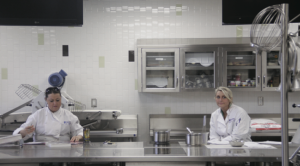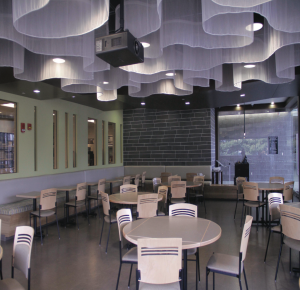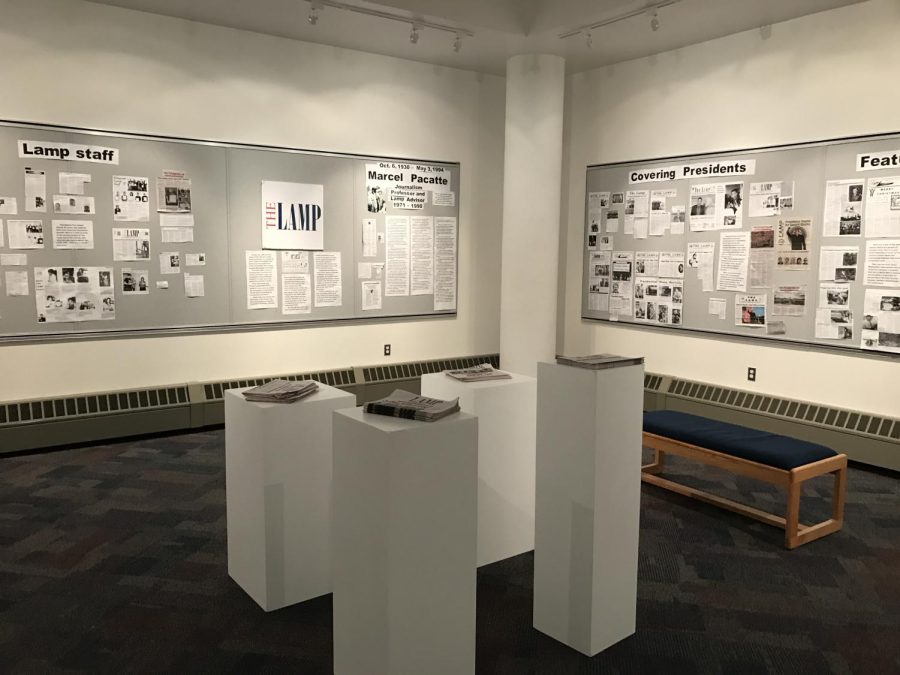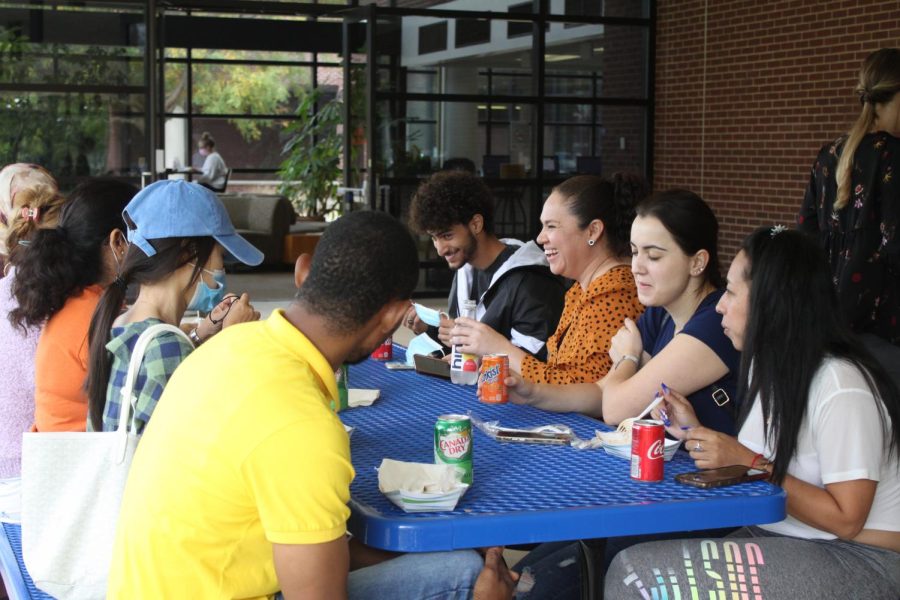“The certificate programs is more of a get-right-to-work sort of thing. You take the core classes that you need, then you get yourself right out to work. We have a certificate program in Culinary Arts, and we also have a certificate program in baking and pastry.” With the certificate in baking and pastry, a student can pursue work creating baked goods. “However, should you think ‘Well, I’d like to expand my education, take those general education classes. Plus, take those few higher level classes that include running a restaurant, you want to stay here for those,” Sweet said. However, not everyone who has an interest in culinary needs to apply for the classes. For some people meeting once a week and standing on one’s feet in their culinary labs for five hours at a time is too much. There’s a solution for that. “We have a wide variety of community learning classes, which are non-credit classes that are open to the public. They’re perfect for someone who wants to get involved out here, but they’re not looking to be involved for 16 weeks and not looking for a big old grade associated with what they do. “We see a lot of students come in who know they want to be in this industry, but they’re not quite sure what path they want to take, which is completely okay. … No matter what path you choose inside our programs, your first semester is fairly similar no matter what you’re taking. You’re going to be taking a sanitation class, so you understand the proper way to handle foods, the proper way to store foods, the different kinds of food borne illnesses that are out there. You’re going to take a culinary essentials class, where you learn the basics of how to handle yourself in the labs, what things are called, where they’re located, how the different machines work, how to set up your station, how to set up the dish machine. (Those are) some of those basics, so that when you get into those true, full-semester lab classes you don’t feel like a fish out of water. The basic classes will also include some history of the industry. “Everyone for the first semester takes a food production one class and a baking class,” Sweet says. “Everyone takes a restaurant management class. There are a few basic classes that everyone’s going to take, and then once you figure out what path speaks to you the most. By the third or fourth semester, you start narrowing down the path.”

Ever since the program has moved to the Workforce Career Center, the Culinary Arts program has grown. “Right now, we have 80 students in culinary, both part time and full time,” Sweet said. “We have a really wide cross-section of folks. You might see someone right out of high school, or maybe someone who worked in a factory for 20 years and was laid off and said, ‘You know what, I’ve always wanted to do this for a living, and now’s the time.’ We see a good variety of ages, races, male to female. It’s a good mix of folks here.” “Once students are done here, there are a variety of paths that you can take with your career. It’s not just going to go work at a restaurant, standing in the kitchen or waiting tables. The industry continues to grow, the food service industry is one of the largest employers, and it’s one of the largest growing employers. There is the standard restaurant scene, but the scope goes well beyond that. You can be a prep cook, a line cook, a sous chef, executive chef. You could be a server, a bartender. “I try to stay in constant communication with people in this area, and even further, in terms of what positions do you have open for people in this industry. Whether it be independent restaurant owners, hotel managers, assisted living places, we stay in contact with them for jobs. The jobs might be for folks who are in school now and want to work in the industry, people who need to complete their internship, or people who graduated and are looking to move on. It can be tough to stay in touch once they graduate to find out where their path goes. I maintain a job board in the hallway. We have a Facebook page available to the public for little fun things we have going on here,” said Sweet. Their Facebook page is called Lincoln Land Community College Culinary Institute.
Sweet said the culinary/hospitality industry as one that will continue to expand. “People’s lives continue to get busier and busier,” Sweet said. “People’s free time continues to get smaller and smaller. The convenience of going out to eat: it’s nice, it’s convenient, quick easy. Plus, if you want to get something more than fast food, it’s a form of entertainment. ‘What do you want to do on a Friday night? Let’s go out to dinner.’”






